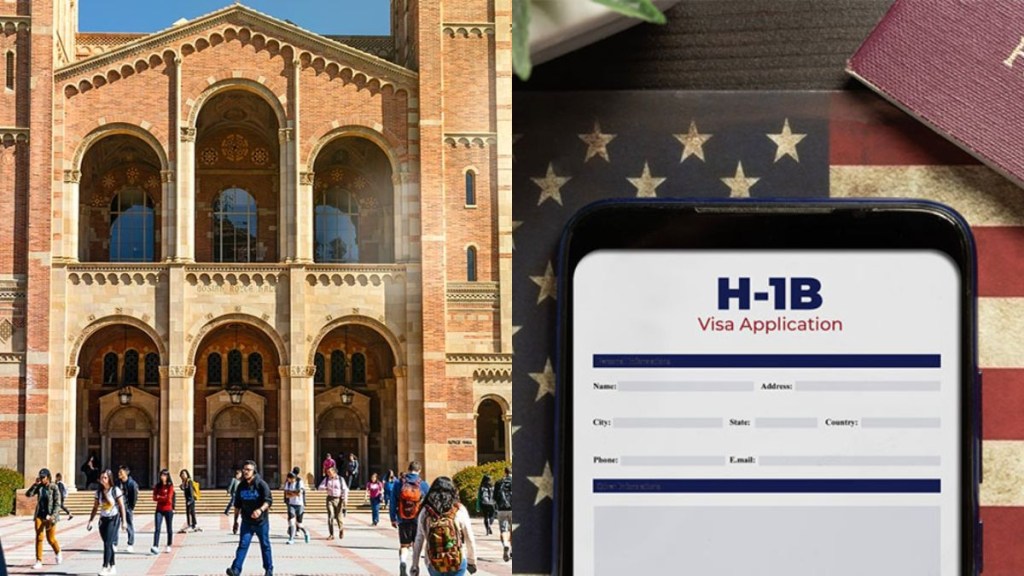University of Southern California has issued an advisory urging faculty and staff on H-1B work visas to postpone any international travel due to potential disruptions caused by the Trump administration’s latest immigration policy changes.
The warning comes after the White House introduced a new proclamation and fee structure that could significantly impact foreign workers in the US
New H-1B visa rules
On September 19, President Donald Trump signed a presidential proclamation that introduces a $100,000 fee for each new H-1B petition filed after September 21.
While this policy excludes existing H-1B holders, renewals, and amendments, faculty and staff at USC, along with others in similar visa status, are advised to delay international travel.
This new rule, set to remain in effect for at least 12 months, aims to curb the misuse of the H-1B visa program, which allows US employers to hire skilled foreign workers in specialised fields.
“Out of an abundance of caution, all faculty and staff in H-1B status currently in the US should put international travel plans on hold until they receive further guidance,” reads the university’s statement.
If currently outside the US, H-1B holders are advised to return before the proclamation takes effect.
Wage-based selection and impact on US employers
The policy also includes proposals from the Department of Homeland Security to revise the H-1B visa selection process.
If applications exceed the annual cap of 85,000 new visas, petitions offering higher wages or associated with higher-skilled positions would be prioritised.
Supporters of this wage-based system argue it could address concerns that certain companies exploit the H-1B program to hire foreign workers at lower salaries than their US counterparts, especially in fields like science, technology, engineering, and mathematics (STEM).
James Harold Webb, an entrepreneur, shared concerns that these changes would have a disproportionately negative impact on smaller companies,
“For entrepreneurs, surprises like this force constant adjustments just to stay afloat. Larger corporations can absorb these shocks, but for small businesses, unexpected costs and sudden policy shifts can be the difference between growth and survival,” Webb told newsweek
Aisling Kelliher, an associate professor of cinematic arts at USC, shared her perspective on the value of the US education system. Kelliher, who arrived in the US on an H-1B visa and later obtained a green card, emphasised the opportunities for international scholars to contribute to research and education.
“It’s a huge opportunity, both to come here as an immigrant and to receive an education, and then also to be able to continue as a researcher and as a teacher,” she said to Newsweek.

